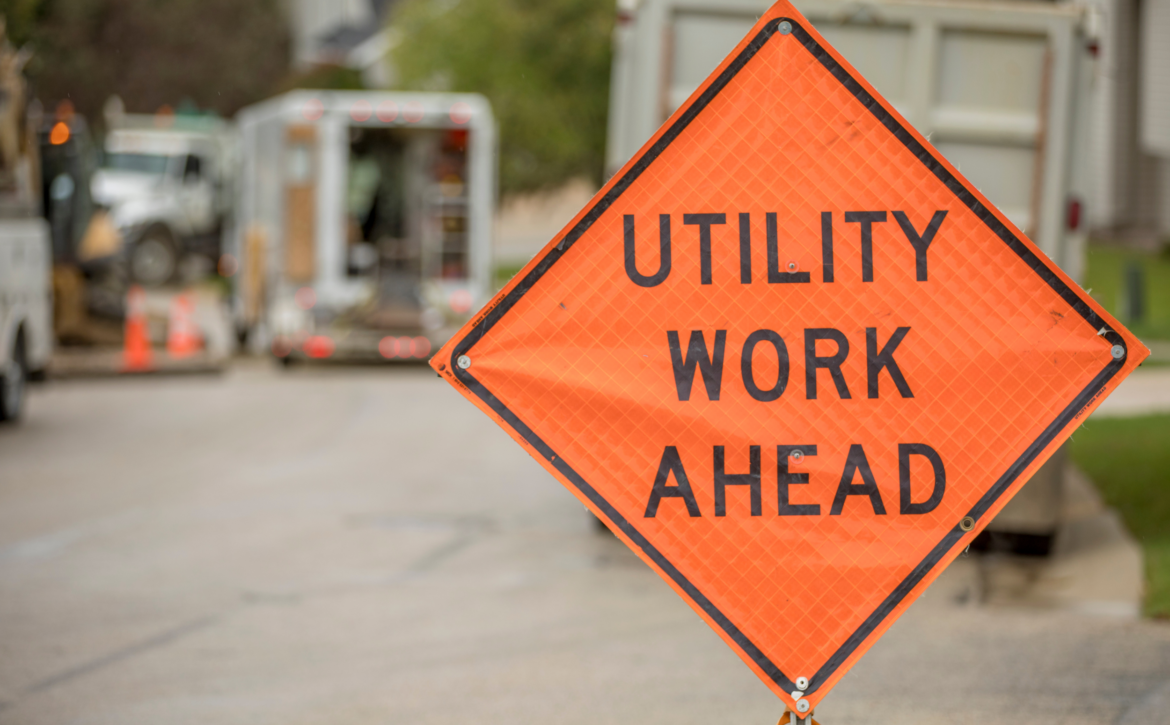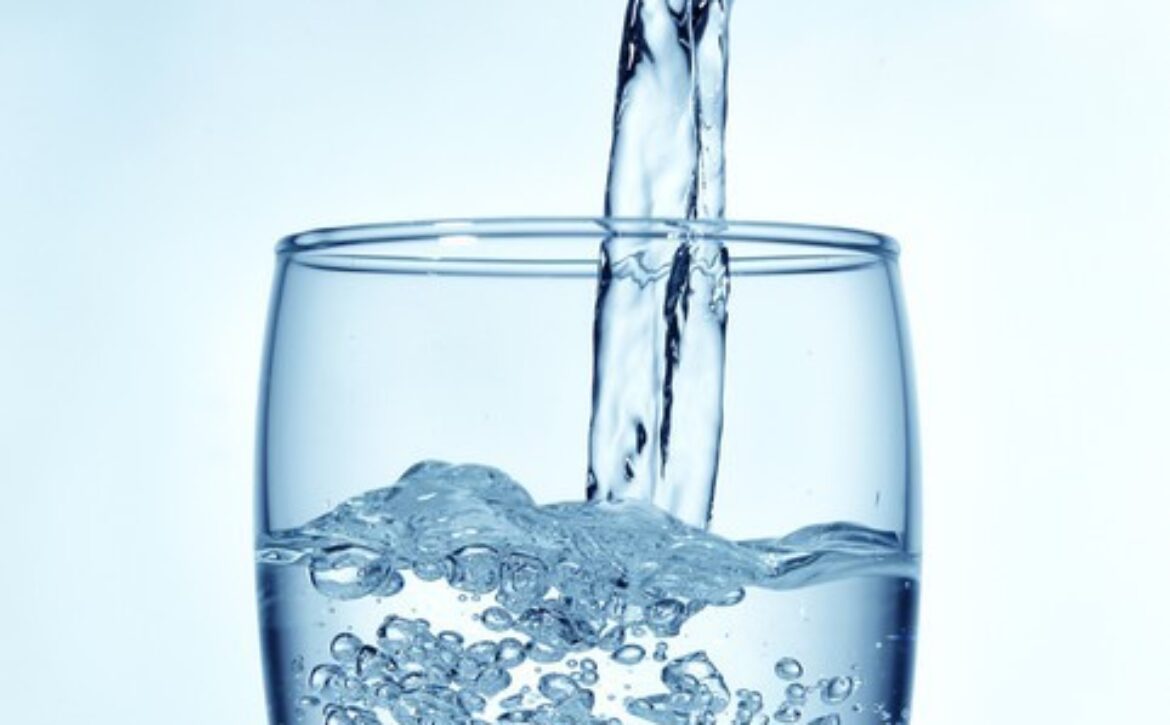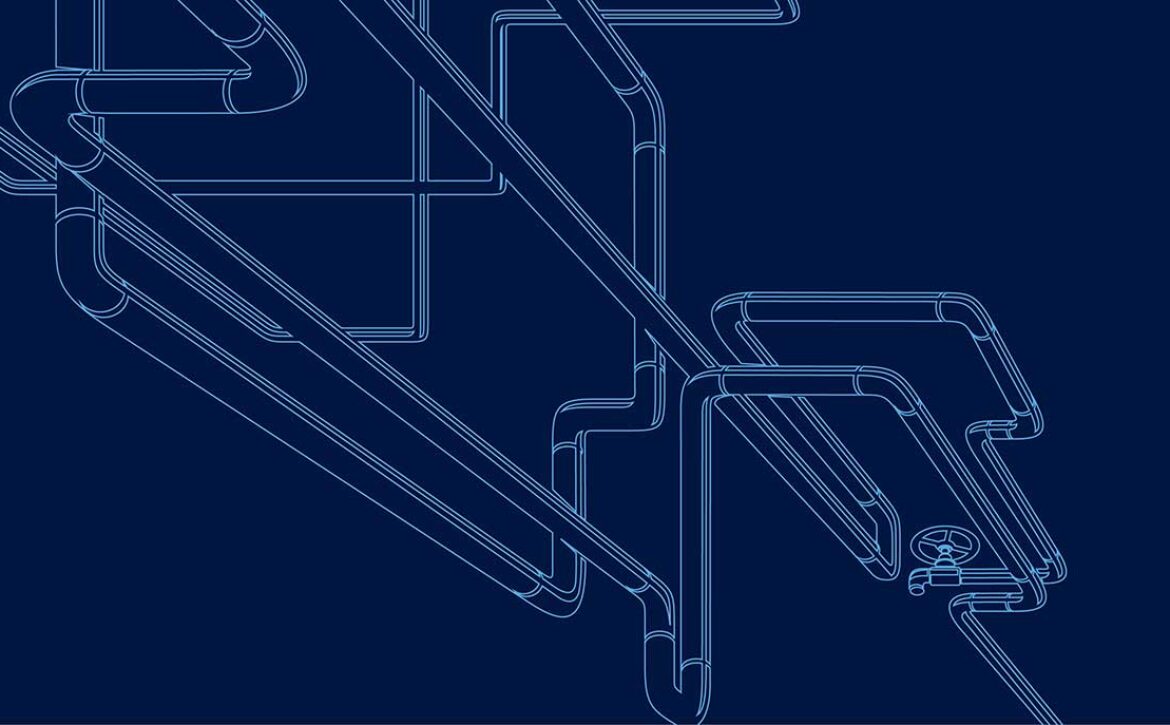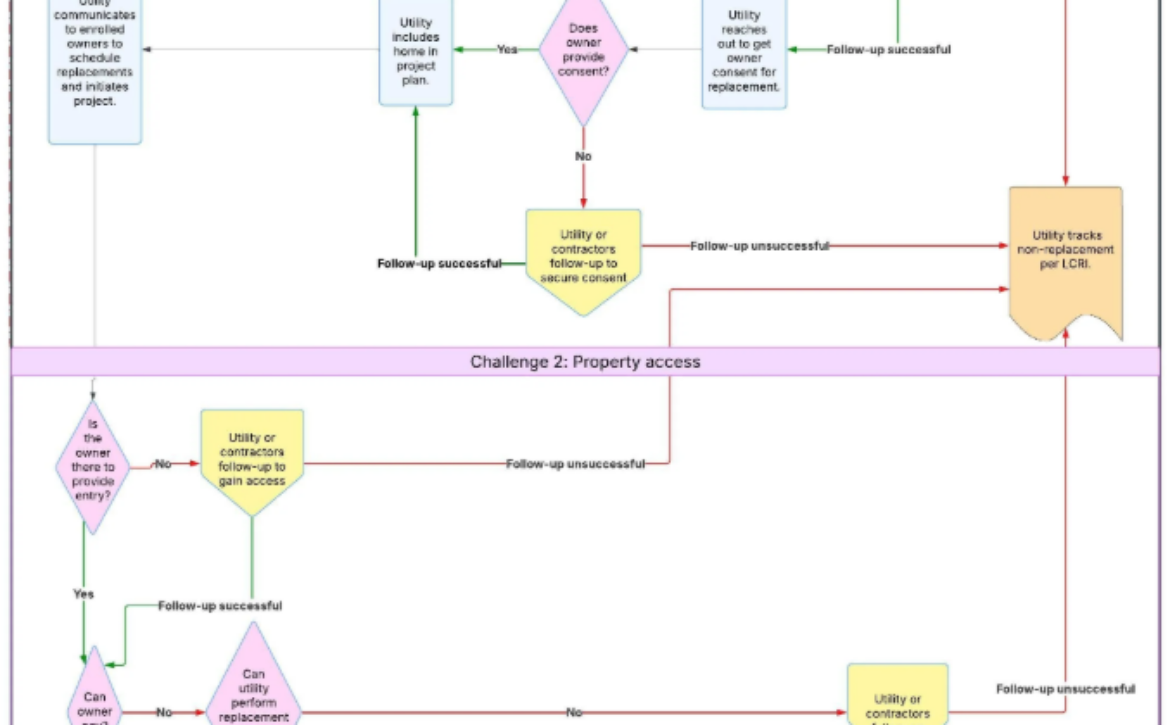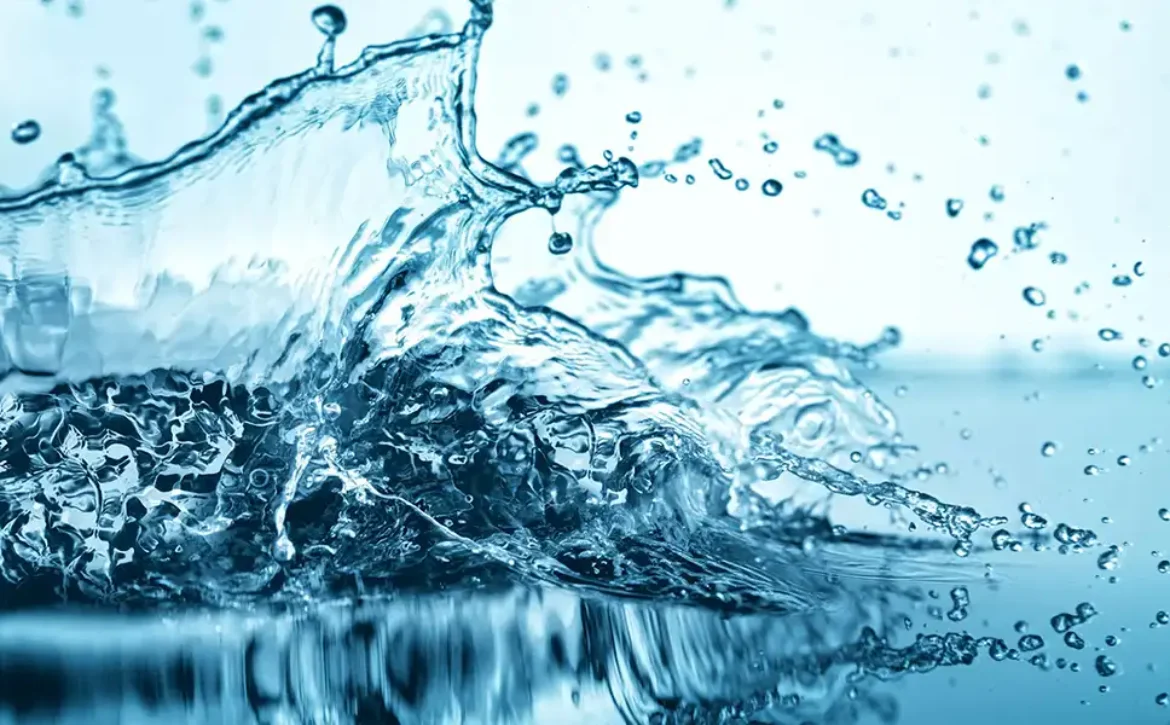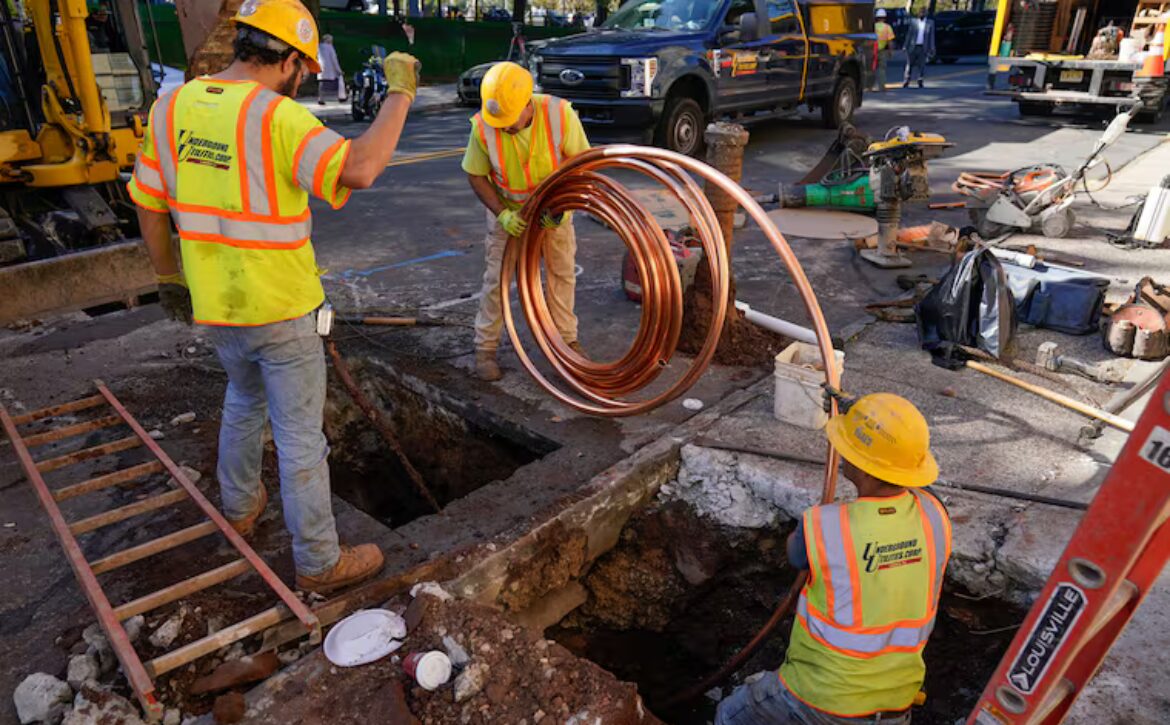Funding and Financing Options for Full Lead Service Line Replacement
This policy brief synthesizes practices and policies from cities and utilities that are creatively combining traditional and non-traditional funding and financing mechanisms to overcome legal, financial, and logistical barriers to covering LSL replacement costs.
